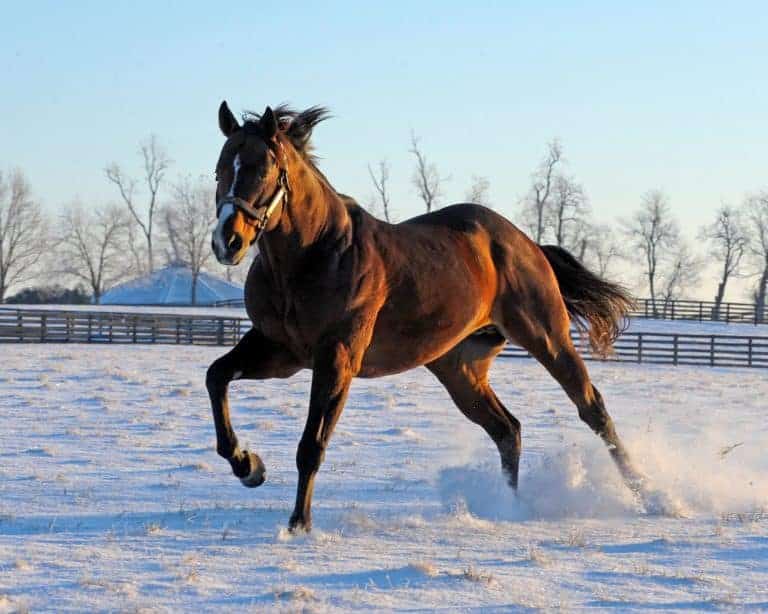Investigating Horse Poisoning
When an owner suspects that a horse might have eaten something poisonous, the veterinarian is generally the first person he or she calls. In addition to treating any health problems, that veterinarian is uniquely suited to investigate the cause















